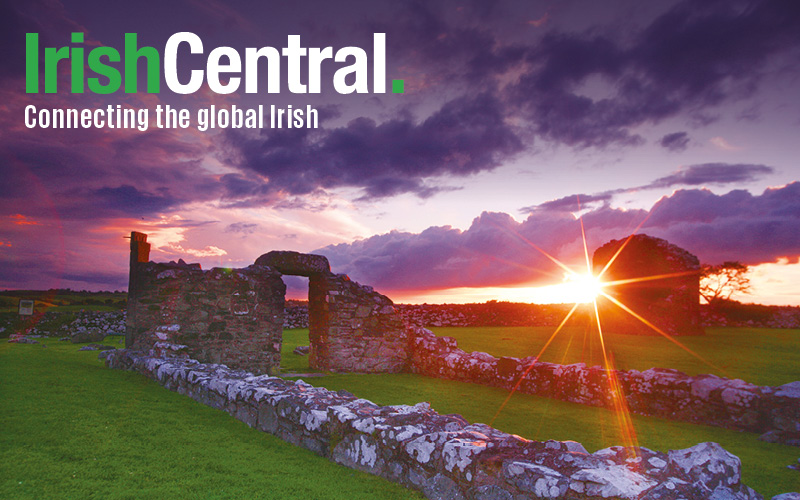Two days after the 9/11 attacks I am in Grand Central Station watching an old man tape a sign to a wall. The sign contains a photograph. It’s his daughter. She loves the Mets.
MISSING, the sign reads, it gives her name and her age and a telephone number to call if anyone sees her. I look at the man. He’s about 70. His face says please, please, please let someone see her. Please.
Beside his daughter there are hundreds of other missing faces and names posted to a hastily erected board. Policemen, office workers, professionals, a mosaic of the city. People have placed candles and bouquets of flowers beneath the posters. They already look like a memorial.
I’m a reporter so I speak to the old man before he walks away. He tells me half of Queens is praying for his daughter. He tells me her name and I write it down. His sorrow is so deep I can’t fathom it. I can still feel his hand in mine.
In the weeks after the attacks I sit on strangers couches and listen to them unburden themselves. They show me photographs of their smiling son or daughter, brother or sister, husband or wife.
They tell me who they were and what they stood for, too. That man is my life, one woman tells me, but he’s gone and nothing matters to me now, do you understand, she asks me? Do you know what that feels like? Do you?
Others tell me jokes, they tell me how the man or woman that they lost had been a naughty kid or nice kid, they say clichéd things or startling things, things to convey the enormity of the loss they’re contending with. The blinding cruelty of it. Again and again they tell me they can’t understand how anyone can hold so much hatred in their hearts.
I can walk through the morning of 9/11 like the panels of a lucid dream now. I can close my eyes see the blue morning sky, hear the coffee percolating - and my ringing phone.
A voice on the other end: “Turn on your TV.” My own voice responding: “Why? What is this? What’s going on?”
That first moment of that horror is the one that we all replay on a loop. It’s the point of first contact, the moment when our humanity is rent and the world explodes.
We have all lived in that moment, in one way or another, since 2001. We have not climbed out of that smoking crater, we have not even begun to. That moment is everywhere around us still.
Fifteen years later, what I have learned is that the world doesn’t have much room for heartbreak. It will get up the next day and go on, the way it always has, leaving the bereaved and broken to find their way out of their own smoking crater.
I have learned that great sorrow can stumble; it can become fury so easily. Fury that can rage and consume everything in its path like wildfire. The sorrow of 9/11 mutated over time into a fury has engulfed America, it started with first moment of horror and it led us blindly into disaster.
There had been unprecedented national solidarity in the early days after the attacks. Recall that George W. Bush visited the Islamic centre of Washington DC and affirmed that Islam stood for peace.
Then in New York the then mayor Rudy Giuliani and freshman senator Hillary Clinton united to console grieving families and rescue workers.
But now we have a presidential candidate who wants to ban all Muslims from entering the United States. It’s because Donald Trump’s bleak vision of America’s future, under siege from without and divided within, has grown out of the aftermath of 9/11.
Our own homegrown terror began with color-coded alerts, then with shadowy mass surveillance programs, then with election cycles calculated to appeal to our worst fears rather than our best hopes.
Now the most deplorable demagogues in our country think they’re closer to real political power than they’ve ever been.
Now we live in a new age of anxiety, which history shows us presents an opening for cynical demagogues promising to make America great – and safe - again.
All of these things have arisen because the horror of 9/11 has not abated. It hasn’t even passed. Until we grapple with and reject the brutal mindset that created it we will never be free.
The best gift that we could give to the dead of 9/11 is to build a unified United States, a nation that still pursues its brightest hopes instead of giving way to its greatest fears. That’s the America we should be fighting for, instead of fighting each other.
It’s been fifteen years and it still remains to be seen if we are up to this challenge.




Comments